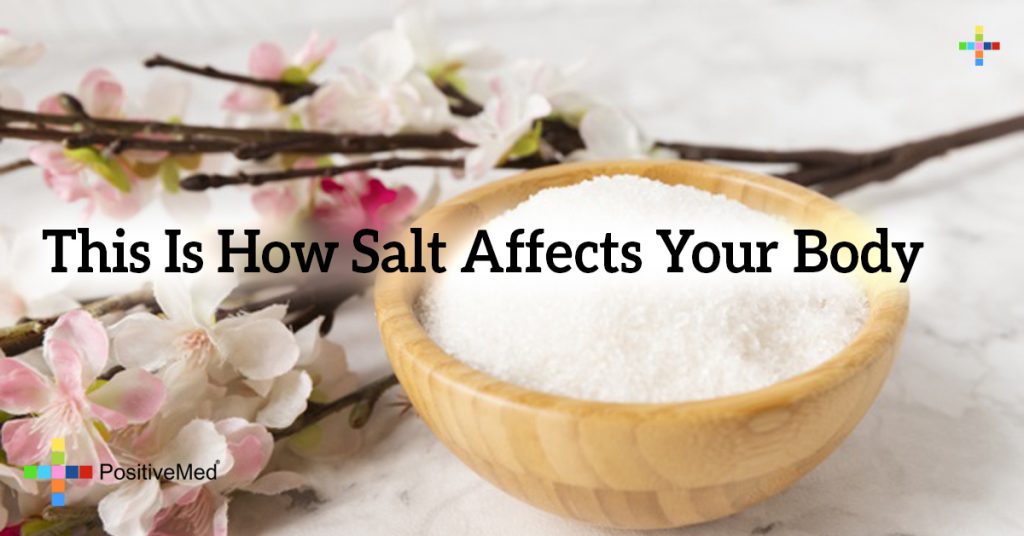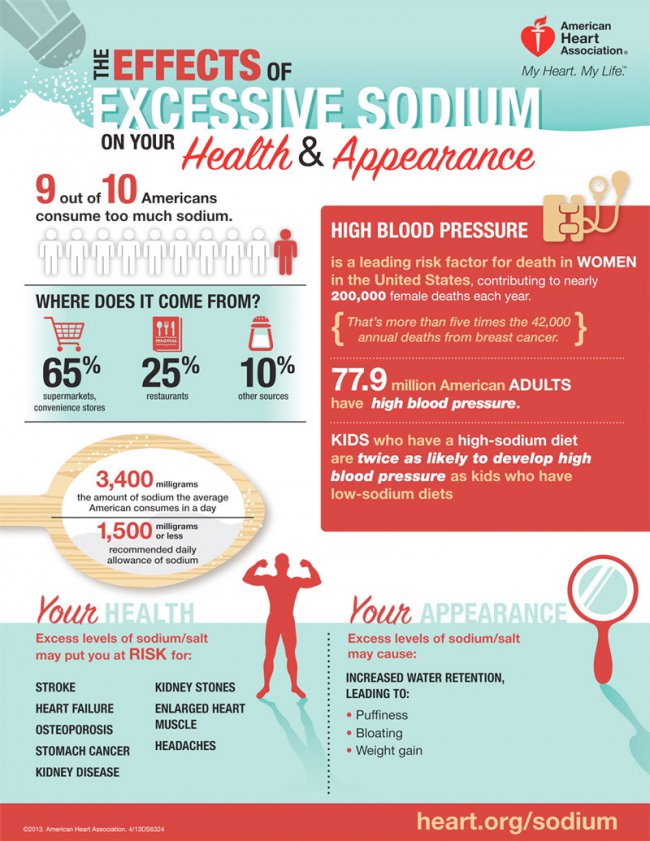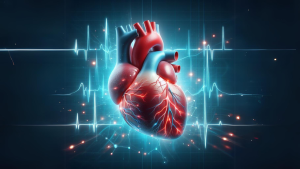
This Is How Salt Affects Your Body
[nextpage title=”…”]
Salt is crucial to humanity, and it also has a fascinating history. It was used as a currency, and it was also a reason to start a war. Salt is a natural constituent of sea water, and it is mined in areas where the water evaporated centuries ago. Dietary salt provides our bodies with sodium that is essential for life. Though it is necessary to consume salt in appropriate amounts, too much of it can cause a severe imbalance in the body, and puts you at risk of potentially dangerous medical conditions.
Here is how excess salt can affect your body:
Brain
A study in Canada found that a high sodium diet is linked to a high risk of cognitive decline. Sodium intake can affect cognitive function in sedentary older adults more than the effects of the diet.
Kidneys
Sodium helps in the balance of fluid levels in the body. It sends signals to the kidneys to retain or get rid of water. Excess sodium in the diet can interfere with this process, and it impairs the kidney function. The result is less water eliminated from the body. This may cause high blood pressure. The excess strain on the kidney may cause kidney disease, or it may worsen kidney conditions in those suffering from them. A high sodium level also increases the risk of renal stones (kidney stones).
Bones
Some experts believe excess excretion of calcium in the urine increases the risk of bone thinning. According to the World Action on Salt and Health (WASH), excess loss of calcium over a long period is associated with osteoporosis, especially in women with menopause.
Heart
[/nextpage] [nextpage title=”…”]
Since salt has an effect of water retention, excess salt in some individuals can cause high blood pressure (HBP). HBP is the force of blood that pushes against the arterial walls as the heart pumps blood. HBP can lead to many serious health conditions such as heart failure and stroke. Although the blood pressure increases with age, lowering your salt intake can prevent situations where your blood pressure increases excessively.
Skin
Excess salt can lead to edema. This condition is indicated by swelling of the arms, hands, legs, ankles, and feet. Fluid retention causes it. Edema is not life-threatening. It is a sign of another health condition; it is not a medical condition on its own.
Stomach
In a study conducted and published in 1996 in the Journal of Epidemiology, it was found that stomach cancer deaths in men and women was closely linked to consumption of salt. High intake of salt is also associated with stomach ulcers. Scientists don’t understand the reason for these phenomena, but a theory exists that salt may destroy the mucous lining of the stomach. And it causes the stomach tissues to become unhealthy and abnormal.
Salt is important because it is used for seasoning food and providing the much-needed sodium in our bodies. But when you consume it in excess quantities, it becomes dangerous to your health. Thus, to prevent these negative effects, avoid too much salt in your diet.

[/nextpage]





